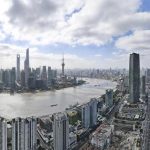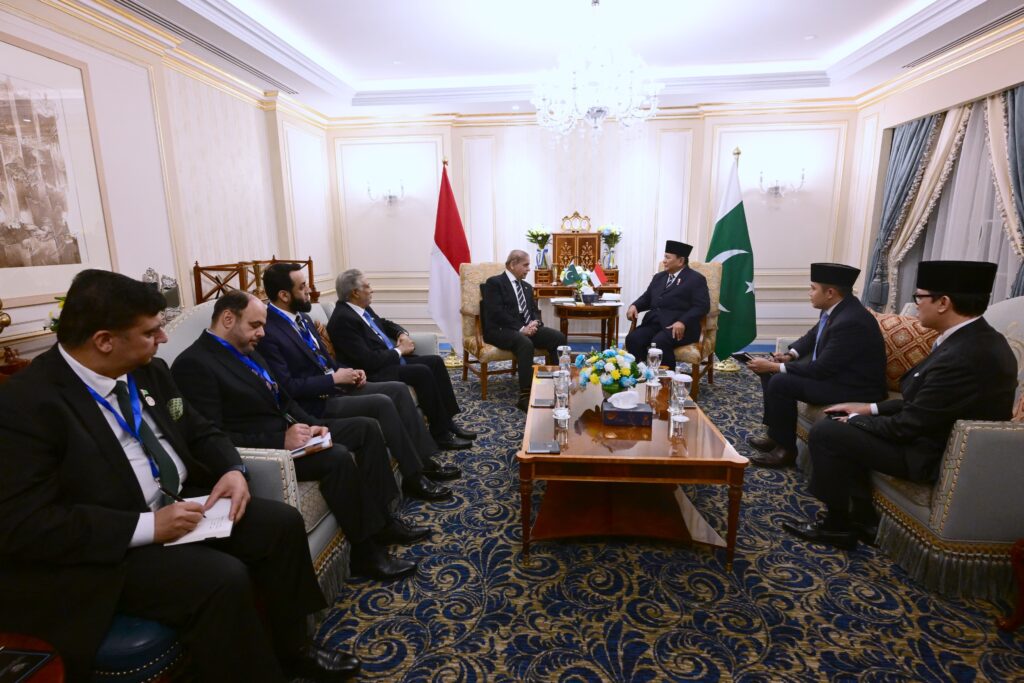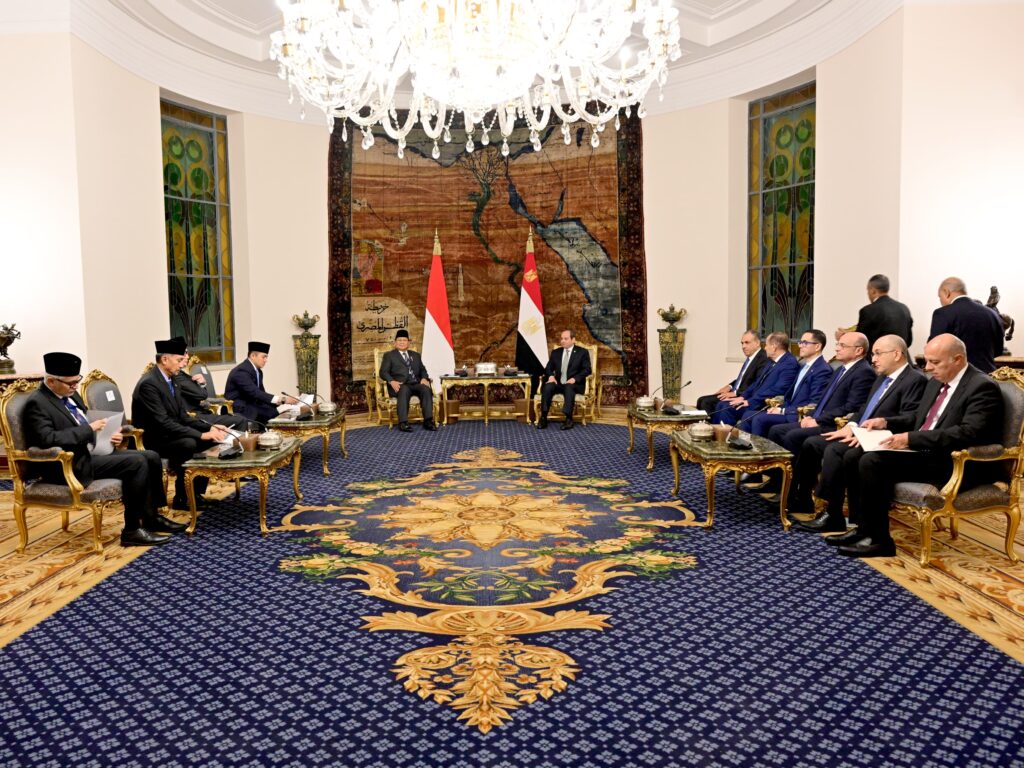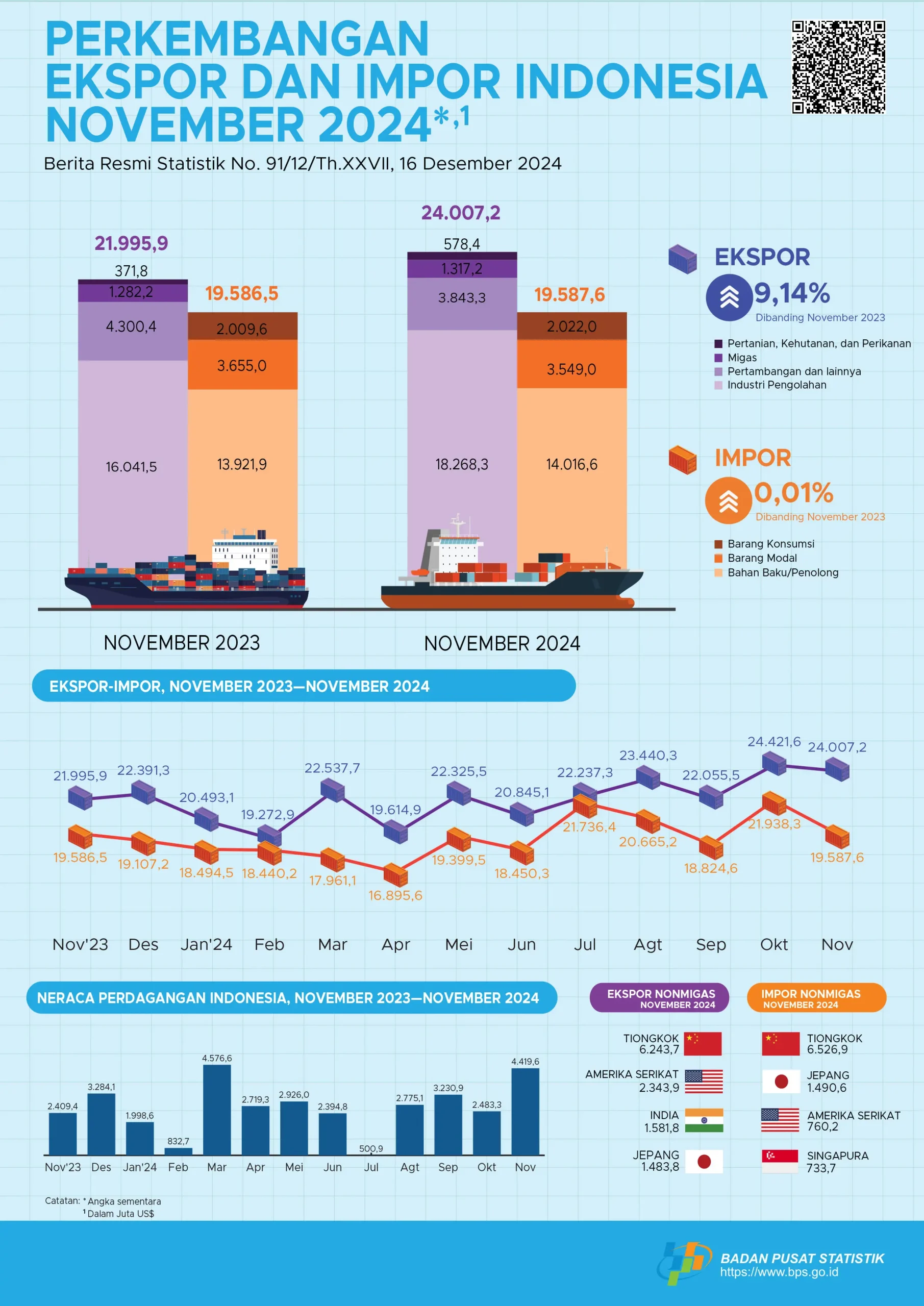British business opportunities in Indonesia after Brexit

Jakarta (Indonesia Window) – Brexit definitely happens, but the agreement with the European Union (EU) will not be reached until 31 January 2020.
Britain’s exit from the EU with or without any agreement will pose many challenges to Europe’s oldest royal country.
When Britain left the EU, the Indonesian government formed a new cabinet called Indonesia Goes Forward.
Indonesian Ambassador to the United Kingdom (UK) Rizal Sukma sees these two things as the right moment to present the projection of the Indonesian policy in the next five years for business people in the UK at the 2019 “Indonesia Briefing” annual event held by the Indonesian Embassies in the UK and Ireland in collaboration with Bank Indonesia (the central bank) and the British ASEAN Business Council on Wednesday (Nov 12).
The 2019 Indonesia Briefing is expected to provide a full picture of Indonesia’s policy projections in the next five years to stakeholders in the UK, according to a statement from the Indonesian Foreign Ministry’s website as quoted by Indonesia Window here on Thursday.
Indonesia’s economy
In his presentation, Executive Director of Bank Indonesia Aida Budiman highlighted three main issues, namely the stability and resilience of the Indonesian economy; the role of the central bank through its policy mix to maintain price stability and support financial system stability; and Indonesia’s priorities on exports, investment and efforts to increase the role of the digital economy in supporting economic growth in Indonesia.
“Indonesia’s economy is still stable amid weakening global economic growth. Economic growth is still predicted to be in the range of five percent with the inflation rate still being maintained at around 3.5 percent ± 1 percent, better than those of other countries in the region,” explained Aida.
Bank Indonesia, together with other stakeholders worked together to support the five priorities of the Indonesian Cabinet in the sector of human resources development, infrastructure development, bureaucratic reforms, simplification of regulations that hinder investment, and economic transformation.
“This synergy is carried out among others through routine coordination that discusses the fiscal and monetary situations, coordination to manage current account deficits through the development of manufacturing, tourism, and maritime industry, a mix of innovations in development financing, and policy development in the digital economy and the financial sector,” Aida Budiman said.
It is hoped that through the policy mix including innovation in development financing, and policy development in the digital economy and the financial sector to support the five priorities of the government, Indonesia will fulfill its ambition as a high income country, Budiman added.
Meanwhile, Director of financial think tank Autonomous Research Dr. Ninasapti highlighted several domestic problems that need to be resolved by the Indonesian government in order to achieve Indonesia’s growth target in the range of five percent amid the current global trade war.
“The five priorities of the Indonesian government in the sectors of human resources, infrastructure, regulatory reforms, bureaucratic reforms to improve public services, and economic transformation towards industrialization are a reflection of the government to improve and encourage Indonesia’s economic growth at this time,” explained Ninasapti.
The senior economist assured businessmen in the UK that although it takes time to improve some aspects of development management in Indonesia at this time, Indonesia is in the right direction and potential for the world’s businessmen today.
The economic development in Indonesia was also confirmed by Muhammad Lutfi, the former Head of the Investment Coordinating Board (BKPM) and the former Minister of Trade and the former Indonesian Ambassador to Japan.
“Indonesia has been growing by 1000 percent since 1998,” he said.
However, this is not easily achieved and Indonesia still has various challenges in the future in achieving its ambition, such as the demographic bonus and middle income trap groups.
“The president has declared that Indonesia will become the fifth largest economy in the world by 2045,” Muhammad Lutfi said, adding that it needs major reforms to encourage investment and industrialization to become the backbone of the economy in Indonesia.
He gave an example of the transformation of the Indonesian economy through the growth of the digital economic industry which has had a domino effect on the growth of other industrial sectors in the country.
“The story of Indonesia is like a parable of getting rich before the country gets old. Do business with Indonesia now before the country is engaged by other players. It’s not easy to do business in Indonesia, but nothing is impossible in Indonesia,” said Muhammad Lutfi.
The Indonesia Briefing 2019 also discussed the Government of Indonesia’s commitment to dealing with climate change, research funding and innovation for Indonesian scientists and how Indonesia can become part of the global supply chain.
Reporting by Indonesia Window

.jpg)








